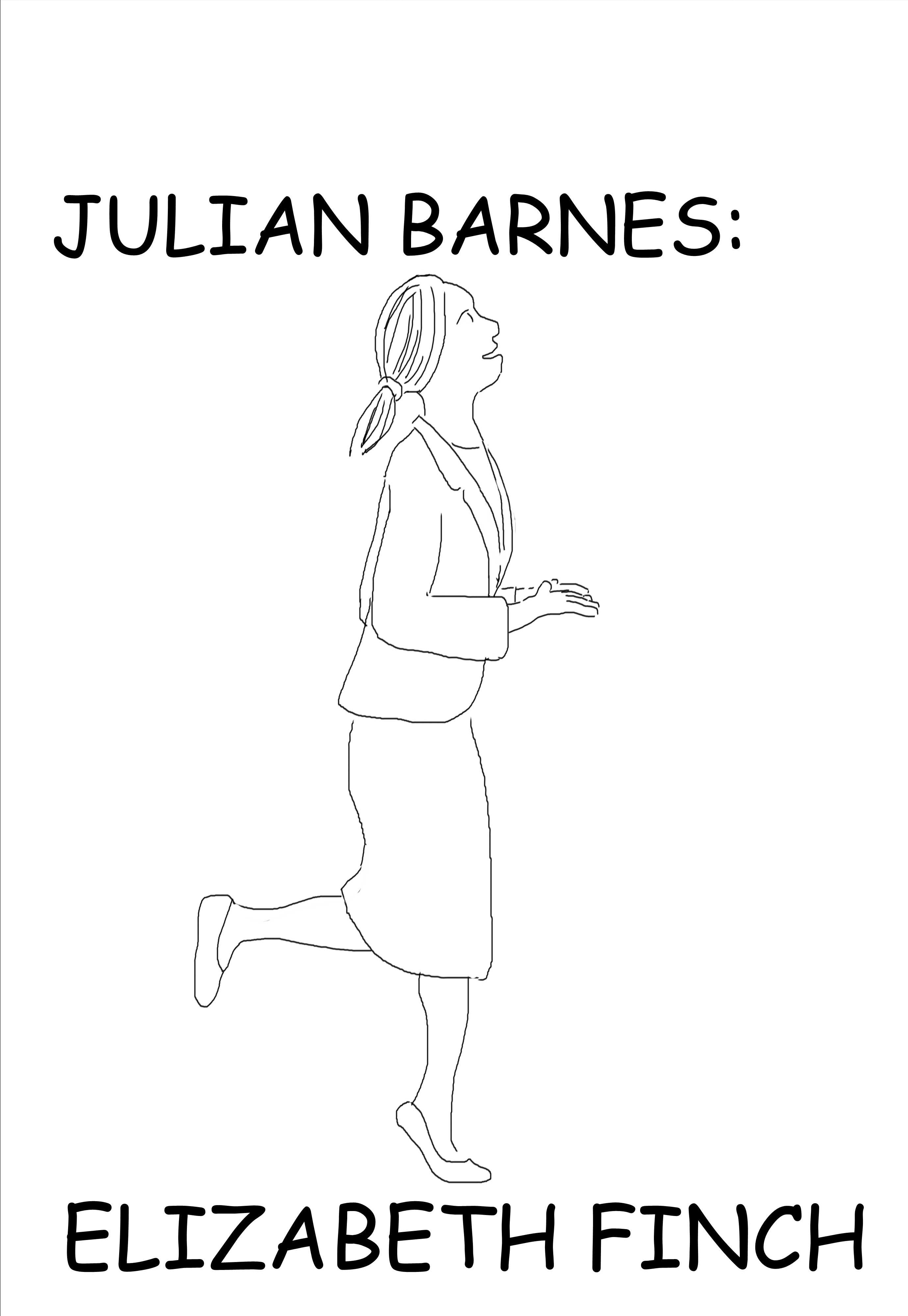Julian Barnes: Elizabeth FinchAt its first appearance this is a tiny little book on just a coupple of hundred pages. And it starts nice and pretty with painting a picture of a university teacher of philosophy. A rather special teacher, it turns out rather fast, that is so. But soon the story grows into something very special, and it forces you to reconsider the fundamentals of most of what you mean and who you think you are. The book consists of three parts. The first part is about Elizabeth Finch, who is giving a course in philosophy for a group of rather mature students in the age between thirty and fourty. But the course is not about going through the history of philosophy and what the various big thinkers up through the ages have thought and said. What EF, as she soon is called, has in mind, is to make the members of the group able to develope their own thoughts about the issues that those philosophers were dealing with. Soon we get a picture of EF as a person with a very seldom degree of personal integrity. The author describes her as the "most adult person" that he has met in his whole life. After finishing the course, he remains meeting her regularily, by having lunch together with her every second month or so. This continues for about twenty years, until EF one day suddenly dies. The author gets a bit surprised when it turns out that she has wanted him to inherit her total collection of books and all her private notes. Slowly he starts going through her notebooks, in search of some kind of hidden message, possibble sketches for a story that he is supposed to sew together, a book she never got the time to write. But it is extremely complicated to interpret the notebooks. They consist a mess of catchwords, isolated quotations and a very frequent use of abbreviations without explainations. But after some months he recognizes an issue from what she repeatedly had talked about during the lessons. It is about a religious phenomena that EF had strong remonstrances against, known under the name of "monoteism". What would have happened if Christianity had not come to its position of power by Julians dead?The second part of the book is exactly about this, or more precisely about what happened in that moment of european history when the monoteism came to power and put the all the gods and godesses that had been worshipped for centuries in the roman empire out of office. Or to put it in another way, when christianity took the leap from being a rather small sect, subject to harsh persecution and discrimination in the first centuries, into being the religion of the state in the roman empire. In the degree that this can be determined to a specific year, 363 AD is a good suggestion, as this was the year when the last non-christian roman emperor, Julian "The Apostate" died in battle under a war campaign against the persians in Syria, just 32 years old and after having been in power for only two years. He had got a christian breed, but as he grew up, he oriented himself more towards hellenistic philosophies and the worshipping of the traditional roman gods. He had difficulties in accepting what he saw as christian unwillingness to read scientific works and their demand that their god was to be regarded the only true one. The big question this book rises is what european history would have looked like if Julian had not died in battle in such a young age, and instead had stayed in power for many years ? Would he have been able to stand up against the up and comimg Christianity ? Would he have been able to maintain the respect for the greek philosophers and scientists ? Would we have avoided the building of a church of power that through more than thousand years persecuted everybody who dared to question the dogmas of the Christian Theology and tried to develope scientific based ideas about how the world can be understood ? Would the renaissance have become an umnecessary historical event, since the ideas and the knowledge of the antique world had been taken care of in all the centuries that had passed ? The third part of the book takes us back to the participants in the course in the first part, and their later reflections on their experiences with EF. I have to admit that I do not quite understand what kind of intentions Julian Barnes has with this part of the book. To me it came out as something rather ordinary and of no important content compared to the two first absolute brilliant parts, that are among the most thought-provoking I have ever read. |
|

